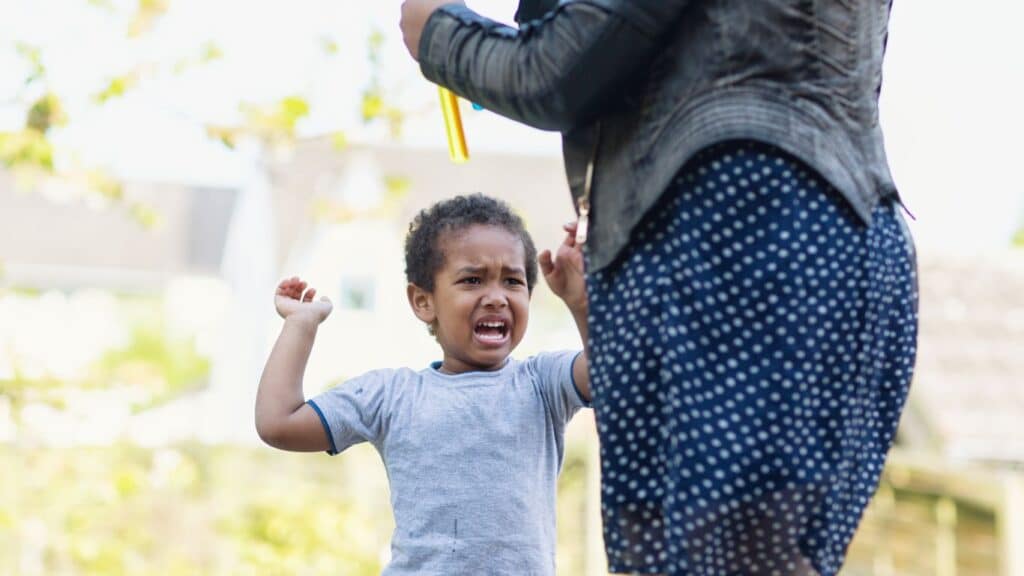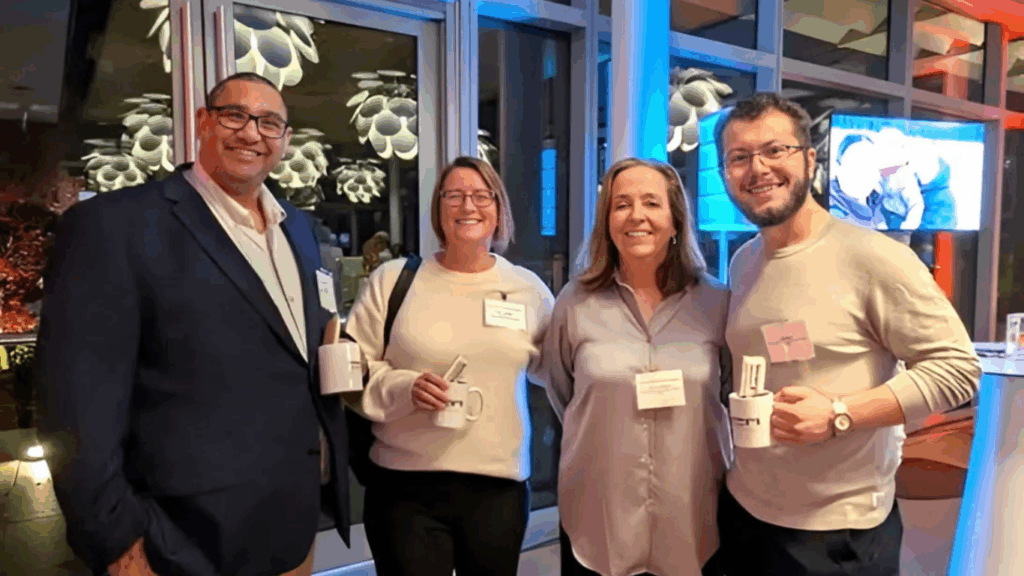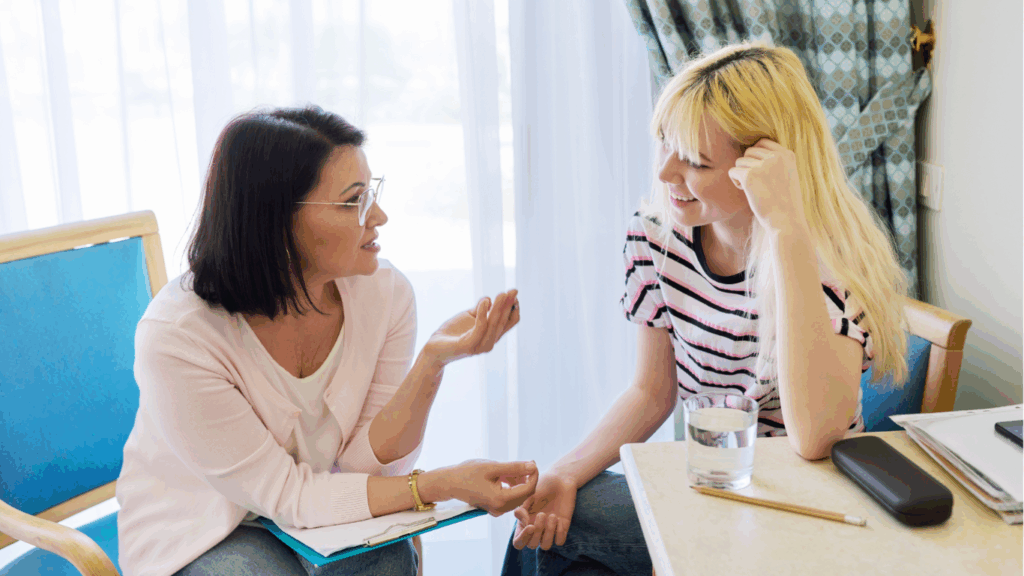Rebekah Craig, former Education Manager at the Belonging Network, sat down with Registered Clinical Counsellor Carrie DeJong to discuss trauma-informed care.
You can also view the full video of the interview here.
Why it is important to consider someone’s past that may have had exposure to trauma?
Trauma produces a lot of emotional, behavioural, or cognitive symptoms for children. If we don’t understand that it’s trauma creating the behaviour, the acting out or anxiety, then we label them. We misunderstand them [the children], and sometimes they are medicated as opposed to being given the tools to heal. It’s so important to not only understand trauma, but to screen children to help us understand if trauma is a factor in their lives, and get them support.
What are some of the types of childhood trauma that could affect a person’s ability to cope?
The Adverse Childhood Experience study (ACEs study) helps us understand the different adverse childhood experiences. It identifies 10 different types of trauma: physical and emotional abuse, physical and emotional neglect, sexual abuse, parental mental illness, incarceration, separation, to name a few. Besides the 10 types of trauma, we know that children are impacted by things like illnesses, operations, or car accidents or other traumatic experiences that they are exposed to. All these different things create different traumatic experiences that children are affected by.
The ACEs study took those 10 experiences and helped make the connection between many of the types of trauma experienced with learning difficulties, emotional challenges, self-medication with substances, or even health-related outcomes like diabetes, obesity, and cardiovascular issues over someone’s lifetime. Childhood trauma can really impact someone emotionally, relationally, mentally, and physically.
How are past traumas and current addictions related?
When we look at the different ways that children’s nervous systems, and their emotional and cognitive processes, are impacted by their traumatic experience, it really rattles their nervous system.
Then children start engaging in behaviours that may be challenging for caregivers.
Sometimes in their early adolescence or even younger, they might discover that alcohol, cannabis, or other substances help “fix” some of the dysregulations in their nervous system. It “manages” anxiety or feelings of shame or anger. If substances are used to self-medicate the painful challenges of trauma and painful symptoms of trauma than self-medicating can carry on to adulthood and into full-blown substance disorders.
Is it possible to reverse the effects of trauma?
That’s what I get excited about. We know that children need the right kind of support from the adults around them to heal — adults who are providing safety, emotional nurturing, and tools to help them regulate. They need the education piece that helps them heal and recover, as oppose to staying stuck in those patterns and continuing to acting out. So, yes, children and adults heal from traumatic experiences.
What are your top three tips on how a parent can help a child who has experienced trauma?
My first tip is to learn about trauma and learn about the impacts of trauma. Learn the important pieces of information: What is trauma? What are the impacts of trauma? How does it show up for children?
The more that we know and understand, the better educated we are and the better job we can do educating people in the education system, the healthcare system, friends, family, neighbours, and the children themselves.
The second tip is to learn tools to help children regulate. Trauma and traumatic experiences are all about being dysregulated and having their fight, flight, or freeze response dysregulated, meaning they get stuck in any one of those places. That’s when we see those behaviours appear.
We all need to learn tools to regulate — not discipline, not chastise, but say: “Hey I see you, I see that you are having a hard time, let me help, and here are some things that might help you feel more regulated.”
And third, we all need to be aware of our trauma histories. We all have our own histories of challenging and traumatic experiences, and the more that we are aware of what’s impacted us and our own reactions, then the more that we know what has helped us through those experiences in healthy ways.
How can you differentiate between typical kid behaviours and trauma-related ones?
Trauma-related behaviours are going to be hard to see and they are probably going to come out of the blue at times. That is because something has triggered them. When a child doesn’t have trauma exposures and they are having a hard time, it can be because they are either hungry, or tired, or had a bad day, and some support will help shift that.
However, children with a trauma history get stuck in patterns of behaviours and it’s really hard for them to shift. You’ll see way more anxiety, you’ll see things like a lower frustration tolerance, and things are just bigger or harder. They will get stuck in more of a shut-down state where they might seem outwardly fine, but inwardly, they are not necessarily there and coping.
For more information and articles on trauma and addiction, we invite you to visit Carrie’s website at carriedejong.com.
Carrie DeJong is a Registered Clinical Counsellor. She offers counselling, support, and resources for those trying to make sense of their lives — especially those affected by trauma and addiction.





